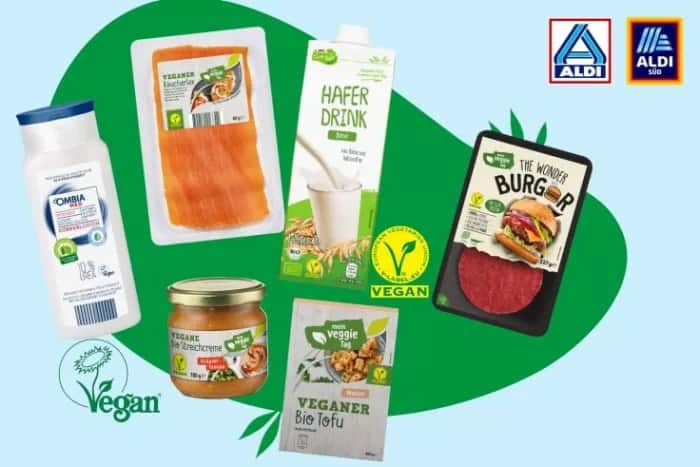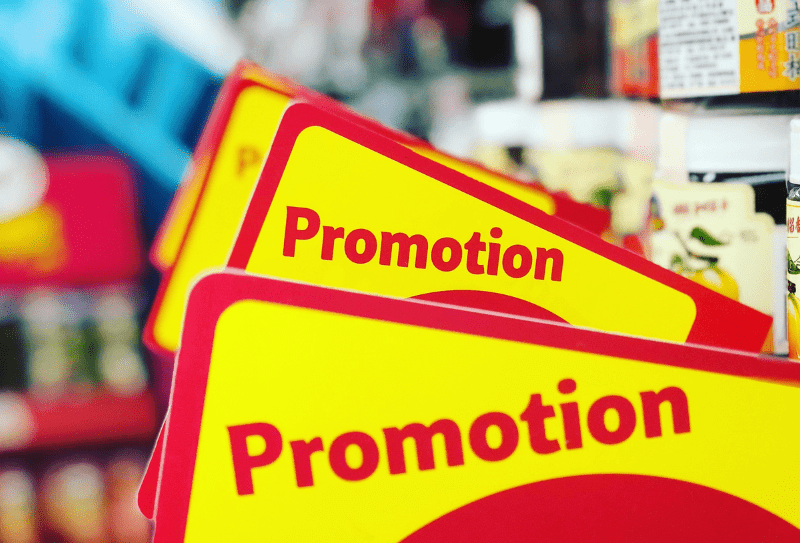Upon entering a new year, there will be things we want to leave in the past and others we want to bring into the future. Unfortunately, last year’s cost-of-living crisis has stepped into 2023 with us and it looks set to stay for a while yet.
Food inflation is having an immediate impact on grocery prices, affecting everyday consumers and businesses alike. According to Statista, the inflation rate for food and non-alcoholic beverages in the European Union reached a staggering 17.9% in November 2022. Consumers are reacting by purchasing fewer treats and reducing their overall budgets and consumption. Additionally, people are changing what they are buying and from where, including switching supermarkets and cutting back on purchasing meat products.
Plant-based products less vulnerable to inflation
Fortunately, plant-based alternatives have not been affected by inflation as severely as conventional meat and dairy. This is likely due to the much higher margins of alternatives, which may have acted as a buffer to absorb price blows. Meanwhile, supermarkets have had no choice but to raise meat and dairy prices with inflation. As this continues, the budget-friendly appeal of plant-based alternatives could potentially seduce a larger consumer base.

So, how can we take advantage of opportunities presented by the cost-of-living crisis? And what can we do to mitigate any adverse effects?
ProVeg International has recently published an article on their New Food Hub that uncovers six steps plant-forward retailers and brands can take to, not only navigate the cost-of-living crisis, and retain sales, but actually benefit from the opportunities it presents.
1. Introduce an own-brand or budget-friendly plant-based range
One of ProVeg’s recommendations is to introduce a budget-friendly and/or own-brand plant-based range.
Research shows that there is an uptake in the number of consumers buying from value and own-brand ranges during the cost-of-living crisis. Indeed, a recent survey found that over a third of Brits are switching the branded products they prefer for cheaper options, such as supermarket own-label items.

2. Launch affordable offerings
Producing a new budget-friendly or own-brand plant-based product line to help consumers who love your products but struggle to afford them can go a long way. Whether you are a plant-based business or a retailer, offering a new line for penny-counting consumers can potentially boost sales and loyalty.
A spokesperson for Albert Heijn commented, in an interview with ProVeg: “Affordable shopping for everyone is our priority. That is why we have, among other things, Price Favourites: our own-brand products of top quality that are always low-priced. With more than 1,600 Price Favourites, customers can buy all daily groceries, from breakfast to dinner […] cheaply.”
3. Highlight budget-friendly products
If you already have own-brand and/or value plant-based ranges, be sure to spotlight those to your consumers. Flag them on your website and position them at your store entrance and at the start of shopping aisles. Consumers are not the only ones to benefit from such offerings. Own-brand product lines enable retailers more control over costs and an opportunity to gain loyalty from customers.
“Half our turnover comes from own-brand products, so we know all the prices. This way we can see whether the prices asked by suppliers are realistic,” said the Albert Heijn spokesperson.
Takeaways
- Push your own-brand and value plant-based ranges – place them in visible areas of your store and flag them on websites.
- If you don’t have an own-brand or value plant-based range, get in touch with ProVeg at [email protected] to discuss creating one.
To learn more about leveraging the cost-of-living crisis, read ProVeg’s full article here.





